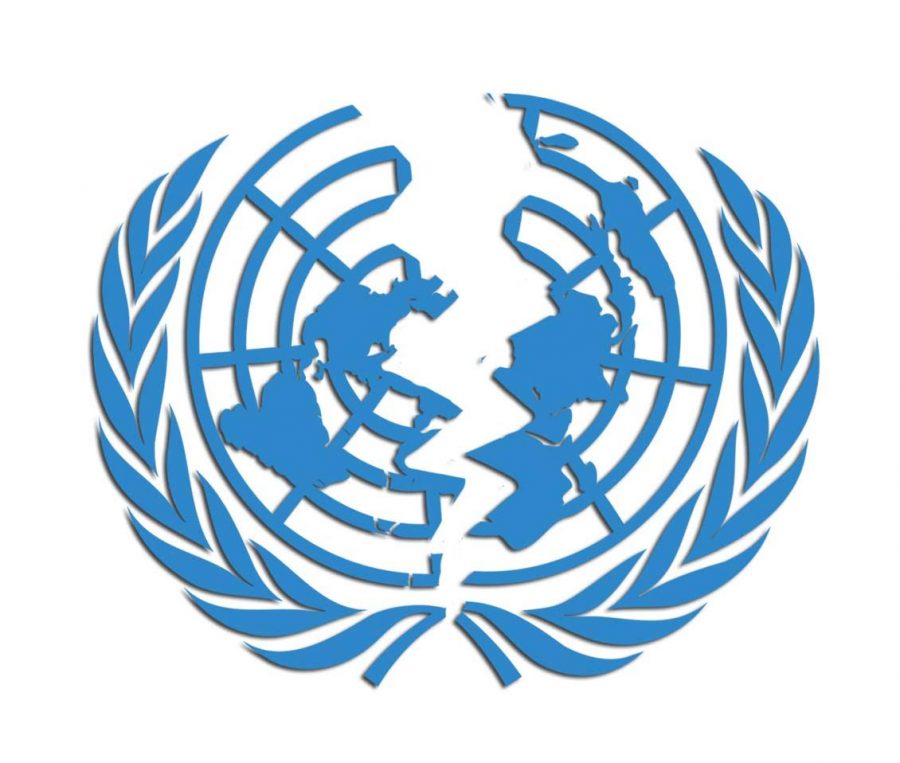The Urgent Importance of Teaching History
Over the course of the past year, I’ve spent a lot of time preparing for standardized tests. I’ve taken the SAT and the ACT numerous times. I’ve filled in thousands of tiny bubbles. Hours have passed by as I’ve internalized grammar rules, practiced reading a passage in a limited amount of time, memorized mathematical formulae, and learned to quickly scan scientific graphs and charts. The same subjects come over and over again: english, reading, mathematics, science, and writing. But never history.
Granted, history is not as effective an indicator of future college success as other subjects. But besides the SAT and ACT, national education systems around the world seem to place greater value on S.T.E.M. and language subjects. Such a state of affairs is unsustainable. Why? Because despite the fact that a sound background in history may not be the best indicator of whether a student will be successful in college, it is a crucial indicator of whether a student will grow up to fulfill their duties as a citizen.
I bring this up now because this year has seen a remarkable erosion of responsible citizenship. In Europe and the United States, millions of individuals are repudiating their duties as citizens of modern democracies. The election in the United States has seen political opponents accused of treason. Voters on both sides of the aisle have frequently called the integrity of the electoral system into question. Donald Trump has not yet indicated that he will accept the results of the democratic process. American presidential campaigns as well as the debate over the Brexit referendum have been fueled by lies and empty promises. Segments of the left—most notable Labour in the United Kingdom—have been engulfed in anti-semitism scandals. At the same time, elements of the right have stooped to Islamophobia as they have called for a national registry of Muslims and a religious travel ban. Political discourse has been replaced by hyperpartisan shouting matches over social media.
This worrying trend is defined by a shift to division and tribalism, a rejection of facts, and an intolerance of dissenting opinions. In sum, it constitutes an affront to the values that underpin Western democracy. Democracy cannot function if the population is unwilling to accept the results of the electoral system. A multicultural society cannot exist if millions are withdrawing into splintered factions that openly denigrate outsiders. A political system built on discussion and compromise cannot be sustained if citizens refuse to engage in meaningful conversations with each other.
Thus we are presented with an urgent question. How can we put an end to this shocking rejection of democratic values? The answer is that we must put greater emphasis on teaching history. The same forces that threaten the democratic system today have threatened it in the past. If the purpose of the First World War was to give the world democratic and communist alternatives to hereditary monarchy, the purpose of the Second World War was to teach the world why and how the democratic alternative comes crashing down. When the global financial system crashed in 1929, economic insecurity skyrocketed. When faced with adversity, the people responded by blaming outsiders. The fall in global living standards made the population susceptible to grandiose promises of the restoring prior glory. The ability to recognize nuance was destroyed by fear, anger, and oversimplified narratives. As a result, the world was engulfed in a dark cloud of genocide and war.
Out of the ashes of Europe rose a new global order. World leaders attempted to learn from the lessons of the Second World War and convened to ensure that its horrors would never be repeated. There was a new appreciation for the enlightenment values that underpinned democracy in nations like the United States and United Kingdom. Imperialism fell as global colonial empires were dismantled. Leaders promoted economic growth and created welfare states to ensure that citizens would never become so economically downtrodden that they felt a compelled to blame scapegoats. They promoted globalization and economic integration to make countries dependent on one and other and therefore more likely to cooperate. They embraced a multicultural society as a rejection of the racist horrors of the Second World War.
Since the fall of the Soviet Union, the world has only grown more integrated. The Schengen Area has removed border controls from what used to be the Iron Curtain. Immigrants from developing countries have found prosperity and opportunity as they have moved to the West. Numerous Asian countries have joined the ranks of the West as developed economies and democracies. Extreme poverty has been halved since 1990. The principles promoted by new global order have brought wealth and stability to billions.
Recently in history class, however, my teacher said that those principles are more fragile now than at any other time in his life. I believe that this is because the leaders of the modern world are now young enough to have forgotten the lessons that were so painfully learned during the Second World War. Those who experienced the horrors of the war are now in their 70s, and the bold leaders who rebuilt the world have now passed away. The unprecedented suffering that shattered lives across the globe also helped sow the seeds of peace for the next generation. Now, however, the prosperous political system that has blossomed is looked upon as a weed.
That is why we must study history. Since the cornerstone of the modern global order was laid in the past—primarily during the Enlightenment and the post-war era—we must study the past in order to understand the inner workings of the system that governs us. Now that we are beginning to forget the past, cracks are appearing at the foundation of our global order. If history education is not given the emphasis that it so desperately deserves, the entire system risks collapsing in on itself.

Jack, a senior, is excited to begin his second year in The Talon and to work with Isabela as one of its two Editors-in-Chief. He is a fervent dog lover...

In her second year on The Talon, Paula, now a senior, assumes her position as the Head Artist (she gets a fancy new assistant! perks!). Paula hopes that...











